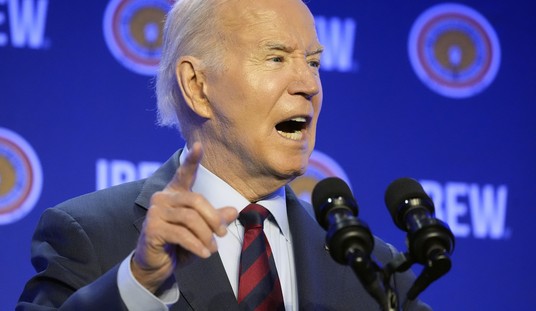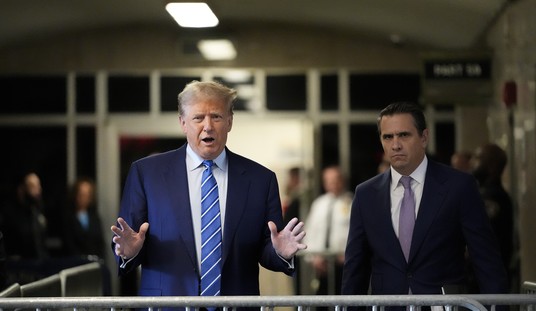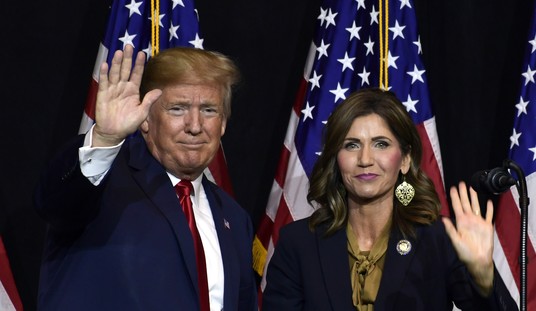There is no breathing room this year for those of us who fight endless GOP capitulations in Washington. Within the first few weeks of the new session, we must confront a grave assault on the Filibuster in the Senate.
Harry Reid is plotting some version of the “nuclear option” to limit the filibuster when the Senate convenes to adopt the rules package for the new Congress. It essentially works like this. Every rules change in the Senate requires a 67-vote threshold to adopt the change. Harry Reid is offering the absurd argument that the Senate is not a continuous body, and is therefore not governed by the rules of the previous session on the first day of the new Congress (before the rules package is adopted). With that in mind, he plans to abolish the filibuster on “the motion to proceed” and limit the minority’s ability to offer amendments when they vote on the rules package. He plans to do this with a simple majority vote.
Although the Senate already convened last Thursday, Reid used a parliamentary procedure blocking any adjournment of the Senate, so that the body will technically remain in its first “legislative day.” This will provide him with the opportunity to pull the trigger later this month.
Aside for the fact that this represents an egregious power grab, especially in light of his refusal to allow Republicans to offer amendments to bills, his justification to change the rule is based upon a falsehood. The Senate is absolutely a continuous body, as represented by staggering terms with Senators elected for 6 years.
The reason why filibusters have become so pervasive, even on the motion to proceed with debate, is because the filibuster is the only leverage Republicans have to force through a mere vote on their amendments. Harry Reid always uses a parliamentary maneuver to fill the amendment tree with pro forma amendments before anyone can offer anything. As such, an effort on the part of Republicans to give into this unfair and unbinding power grab would be suicidal to their own interests.
Unfortunately, there is no lack of Republicans who are willing to comply with Democrat demands. Senators Carl Levin, Chuck Schumer, and John McCain are floating an alternative to Senate Majority Leader Harry Reid’s effort to break the Senate’s rules to change the rules. A bipartisan group of senators is proposing to put modest limits on filibusters, the procedural delays that minority parties often use to grind the Senate’s work to a halt.
The idea would provide the Majority Leader with two new ways to proceed to bills with severe limits to a filibuster of a motion to commence debate on a bill. One option would allow the Senate to immediately proceed to a bill with a rule that allows two amendments by Republicans and two by Democrats. This would exclude rank-and-file members from offering amendments to bills, allowing only leadership-approved amendments.
A second option would allow a bipartisan group of ten Senators to move to proceed to a bill in a manner that makes it impossible to engage in extended debate. It is unclear if any amendments would be allowed to bills agreed to by this option.
A second proposal would be a new procedure that would make it virtually impossible for Senators to block a conference committee on a bill. Senator Jim DeMint has made it a practice to block conference committees, because they have a long history of rewriting bills and ignoring controversial amendments approved by the House or Senate and committed to the conference committee. Furthermore, the leadership could use a conference committee to load up bills with matters unrelated to the matters committed to a conference report. It would make secret deal making much easier for Capitol Hill insiders. One other provision of the rules change would change the filibuster of nominations to only apply the regular rules to Cabinet level officials, the Supreme Court and Courts of Appeals.
Taken as a whole, these ideas will not improve the Senate. They would also reward Reid for his obstructionism, while diminishing the power of conservative stalwarts to disrupt the bipartisan commitment to grow government.
Cross-posted from The Madison Project













Join the conversation as a VIP Member